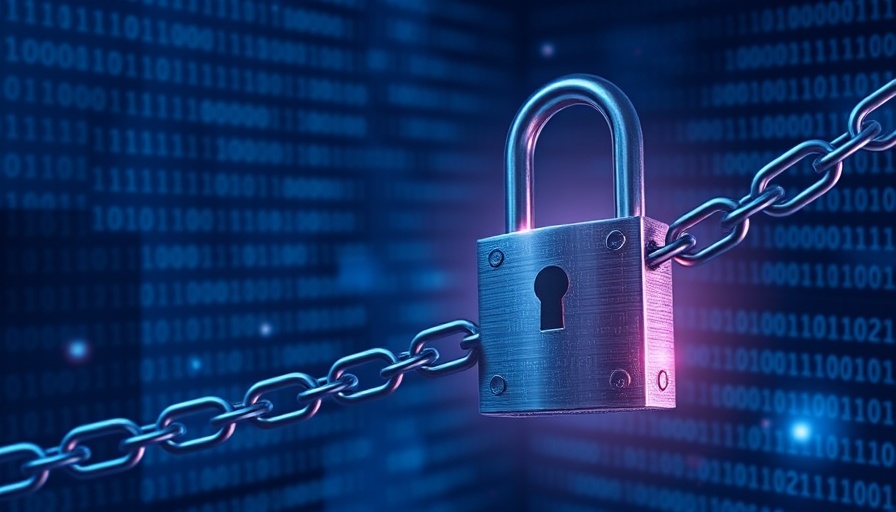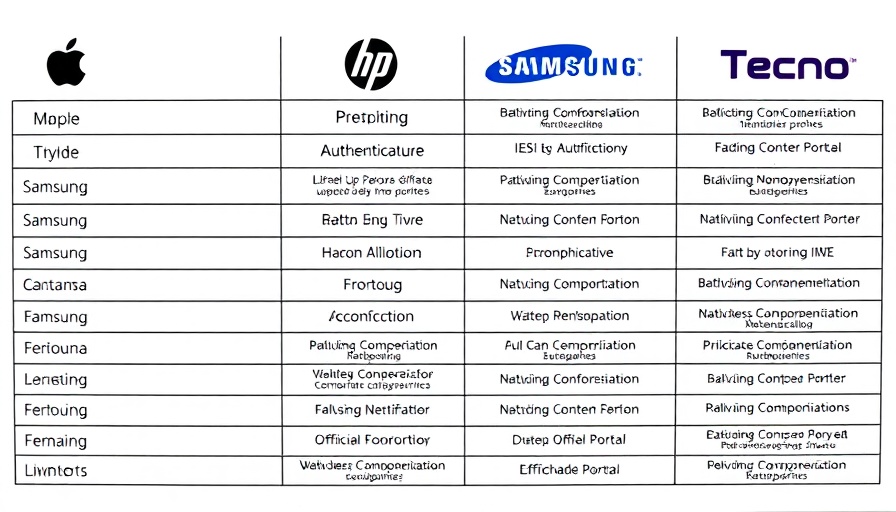
Understanding Cybersecurity: More Than Just Software
In a world where our phones and laptops have become daily necessities, it’s easy to underestimate the importance of cybersecurity. Many individuals mistakenly believe that only large corporations are the targets of cybercriminals, or that their personal data isn’t worth stealing. However, this misconception allows cybercriminals to operate unnoticed, relying on our complacency to exploit vulnerabilities. Acknowledging the reality of these threats is the first step in protecting ourselves.
Debunking Cybersecurity Myths
To equip yourself with a strong cybersecurity strategy, it’s crucial to start by debunking common myths that often foster a false sense of security:
- Myth: Only big companies are targeted. This is a dangerous assumption. Recent statistics indicate that even small businesses and personal accounts are at significant risk. Social media scams alone caused $1.4 billion in losses in 2023, showcasing that cybercriminals see all individuals as potential targets.
- Myth: My data isn’t valuable. Even seemingly insignificant data like email or login credentials can be gold to hackers, especially if reused across multiple platforms. A breach on a single site could compromise various accounts if the same password is employed elsewhere.
- Myth: Apple products can't be hacked. While Apple devices have robust security features, they are not impervious to attacks. Understanding that no device is completely secure encourages users to stay vigilant.
- Myth: I'd know if I were hacked. Many cyberattacks operate quietly in the background, going unnoticed for weeks. Slow device performance or unexpected pop-ups might indicate an issue, yet many users overlook these signs, emphasizing the need for constant vigilance.
Constructing a Strong Cybersecurity Checklist
A layered security approach is essential for effective protection. Think of it as locking your doors, closing your windows, and setting up security cameras. Here are three core steps that experts recommend:
- Utilize a Password Manager: One of the most crucial tools in cybersecurity is a password manager. This software generates and stores unique, complex passwords for each of your accounts, significantly reducing the temptation to reuse passwords. It’s a simple yet effective strategy to enhance security.
- Implement Two-Factor Authentication: Adding an extra layer of security, two-factor authentication (2FA) requires not just a password but also a second method of verification, such as a text message or authentication app response. This significantly amplifies your account's protection.
- Regularly Update Your Software: Keeping your operating systems and applications up-to-date is vital. Many updates include crucial security patches that protect against new vulnerabilities.
Staying Safe Online: Social Media and Public Wi-Fi
When using public Wi-Fi or engaging on social media, thoughtful practices are essential. Public networks can expose your data, making it vital to utilize a VPN to encrypt information on these connections. When interacting on social media, maintaining privacy settings and being cautious about the information shared can prevent unwanted access to your personal data.
Final Thoughts: Proactive Cybersecurity Measures
By understanding cybersecurity threats and debunking prevalent myths, you can adopt a proactive approach to protect your devices and data. Equip yourself with the right tools and practices like password managers and two-factor authentication. Remember, cybersecurity also means being aware of the platforms you engage with and practicing safe habits both online and offline.
 Add Row
Add Row  Add
Add 




Write A Comment